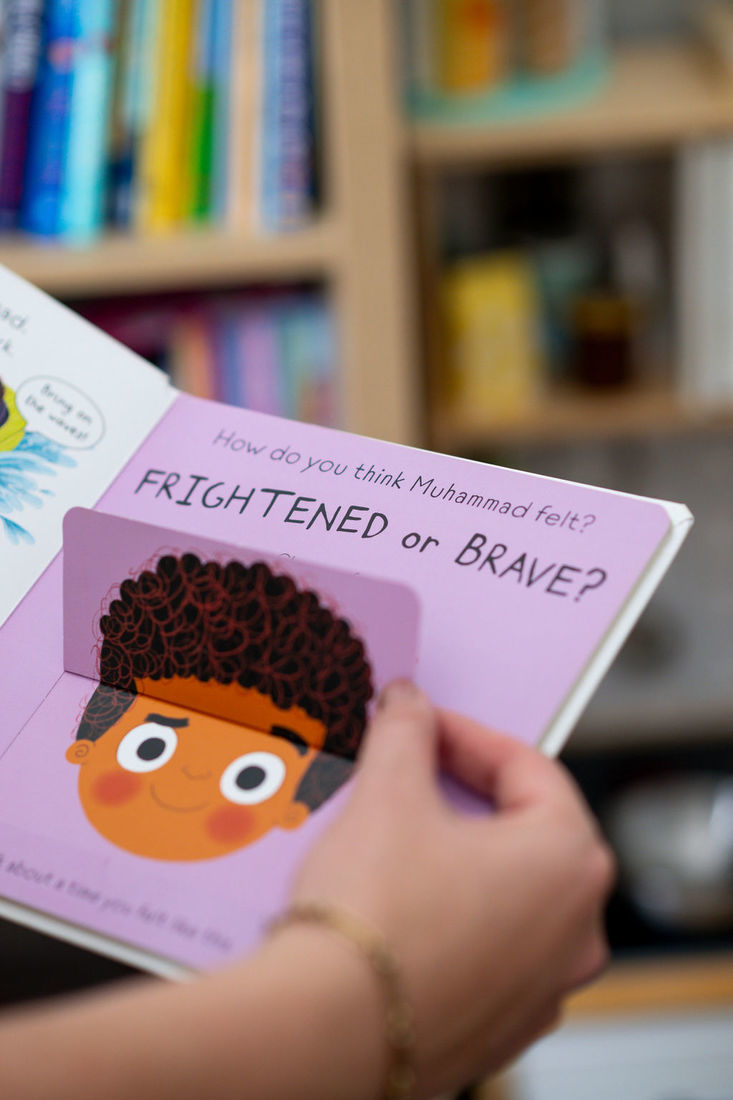Big feelings at drop off? You’re not alone.
Separation anxiety is a normal part of childhood, but when it lingers or becomes distressing, it can feel overwhelming for both children and their caregivers. If your child struggles with saying goodbye, whether it’s at school drop-off, daycare, or even when you’re just stepping out for a short time- you are not alone. The good news? With patience, understanding, and gentle strategies, children can learn to feel safe and secure even when you’re not right beside them.
What Is Separation Anxiety?
Separation anxiety is the fear or distress a child feels when separating from a primary caregiver, typically a parent. It’s most common in younger children, but many children aged 4 to 12 still experience strong feelings around separation, especially during times of transition, stress, or after big life changes (like starting a new school, moving house, or a family change such as separation or illness).
It can look like:
- · Crying, clinginess, or refusal to go to school,
- · Complaints of stomach aches or feeling sick when it’s time to leave,
- · Repeated questions like “How long will you be gone?” or “What if something happens?”,
- · Trouble sleeping alone or frequent check-ins during the night
Why Does Separation Anxiety Happen?
At its core, separation anxiety comes from a deep bond and a need to feel safe. It’s a reflection of your child’s attachment to you, which is a beautiful thing—but that strong connection can sometimes make goodbyes feel extra difficult.
As children grow, they develop the ability to hold onto the idea that you’re still there for them, even when you’re apart. This skill—called object permanence—develops gradually and can be challenged during stressful times.
How Can I Support My Child?
Here are some practical, psychologist-recommended strategies for supporting your child:
1.Keep Goodbyes Short and Predictable
Lingering can increase anxiety. Create a short, calm routine and stick to it. A quick hug, a special goodbye phrase, or a wave from the window can be comforting rituals.
2. Practice Separation in Small Doses
Start with brief separations and build up. For example, leave your child with a trusted adult for 10 minutes, then gradually increase the time. Confidence grows with repeated, successful experiences.
3. Validate Their Feelings
Instead of saying “You’re fine!” try: “I can see this is really hard. You love being with me and it’s tough to say goodbye. I’ll be back soon, and you’ll be okay.” Empathy calms the nervous system and helps your child feel seen and supported.
4. Create a Connection Object
Some children find comfort in a transitional object like a crystal, bracelet, or note in their pocket, that reminds them of you when you’re apart.
5. Use Visual Schedules or Clocks
Visuals help children understand “when” you’re coming back. For younger children, a picture of their day with return time can reduce uncertainty. Older children may find comfort in knowing the specific time or after which activity you’ll return.
6. Stay Calm and Confident
Children take emotional cues from us. If we appear anxious or unsure, it reinforces their worry. Your calm, steady presence (even when it’s hard!) helps your child feel safe.
7. Talk About Separation When Everyone Is Calm
Avoid discussing worries during moments of distress. Instead, choose a relaxed moment to read a book together about separation or talk about their feelings. Ask, “What helps you feel brave when we’re apart?”
When to Seek Extra Support
If your child’s anxiety is intense, persistent, or interferes with daily life—such as ongoing school refusal, sleep issues, or physical symptoms—it might be time to speak with a child psychologist. Therapy can help children build emotional regulation skills and develop a stronger sense of safety and resilience.
A Final Reassurance
Separation anxiety isn’t a sign of weakness or poor parenting—it’s part of being human. With gentle guidance, consistency, and emotional support, most children grow through this stage and develop a strong internal sense of security. You are your child’s safe base, and your presence, even when not physical is felt deeply in their heart.
If you’re supporting a child through separation anxiety, take care of yourself too. You’re doing meaningful, tender work and it’s okay to ask for help along the way.
